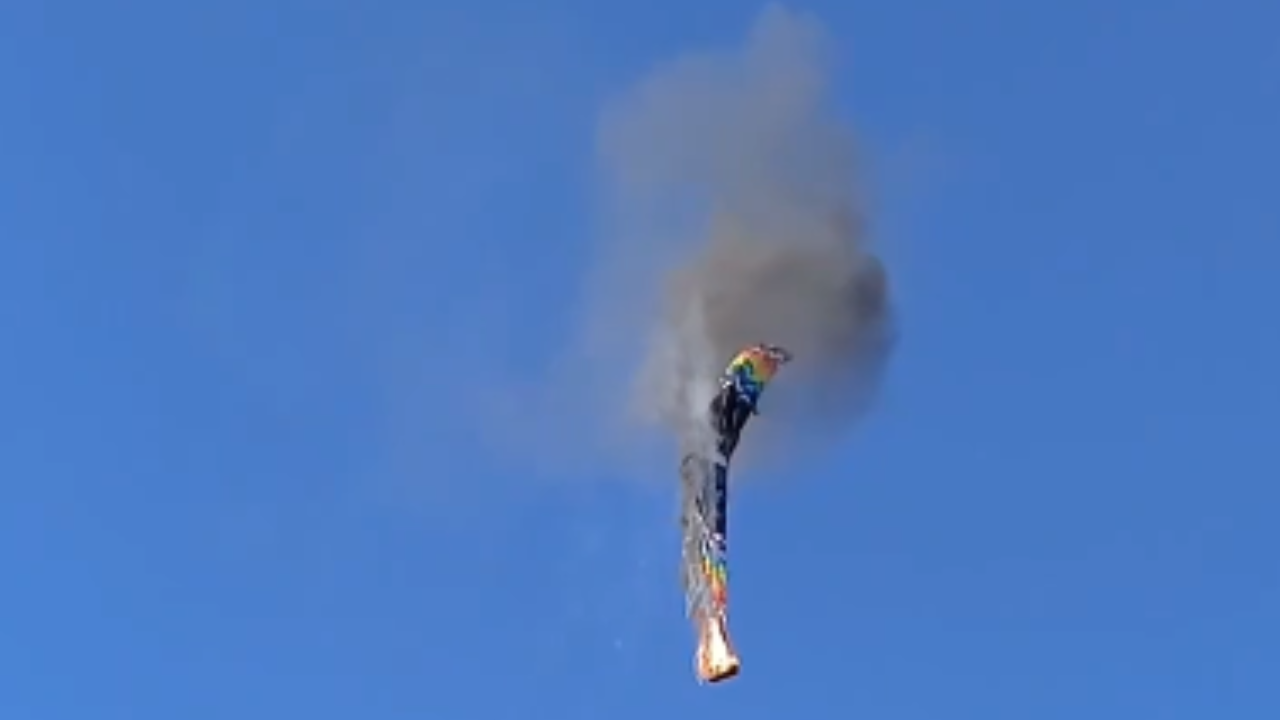ECI Rejects Rahul Gandhi’s CCTV Demand Citing Privacy. Legal issues

The Election Commission of India has rejected a demand from Congress MP and Leader of the Opposition Rahul Gandhi to publicly release CCTV footage from polling stations, citing serious concerns over voter privacy and legal prohibitions under the Representation of the People Act.
The poll body’s strong rebuttal is the latest development in an ongoing tussle with the Congress leader, who has repeatedly alleged that last year’s Maharashtra Assembly election, won by the BJP-led Mahayuti alliance, was rigged.
In a point-by-point response, sources in the Election Commission detailed why sharing such footage is not feasible. The EC argued that making the visuals public would violate the secrecy of the ballot and make voters vulnerable to pressure and intimidation.
“Sharing of the footage, which would enable easy identification of the electors by any group or an individual, would leave both the elector who has voted and the elector who has not voted vulnerable to pressure, discrimination and intimidation by anti-social elements,” an EC source said.
The Commission further stated that public disclosure would contravene Supreme Court directions that protect the right of a citizen not to vote as a secret choice. The EC likened the video footage to the highly protected Form 17A, which contains voter details and is only shared under court orders during an election petition.
This standoff has been escalating for weeks. Earlier this month, Gandhi had publicly asked the EC to release consolidated, digital voter rolls and all CCTV footage from Maharashtra polling booths captured after 5 pm on election day to ensure transparency.
The row intensified on Saturday after Rahul Gandhi slammed a recent EC directive ordering the destruction of all poll-related video footage after 45 days if no election petition is filed. “Voter list? Will not provide machine-readable format. CCTV footage? Hidden by changing the law. Election photos and videos? Now they will be deleted in 45 days, not 1 year,” Gandhi posted on X. “The one who was supposed to provide answers – is the one deleting the evidence. It is clear that the match is fixed,” he alleged.
The Election Commission has defended its 45-day retention policy, stating it aligns with the statutory period for filing an election petition and is aimed at preventing the “misuse” of footage on social media to spread “misinformation and malicious narratives.





